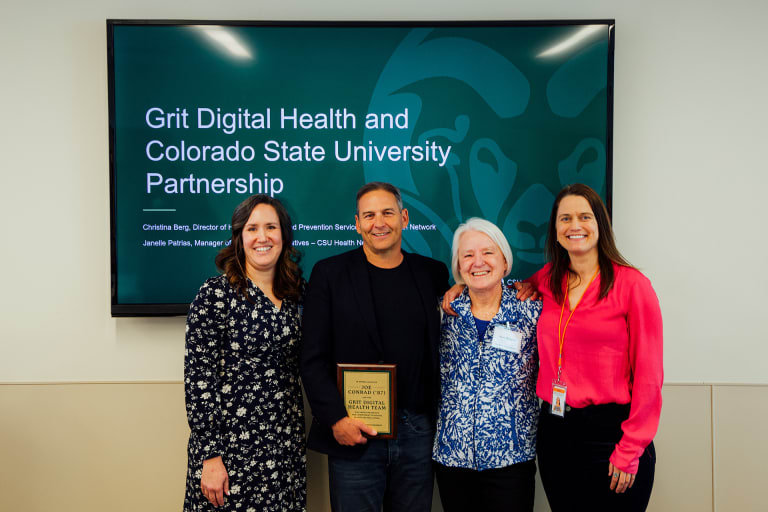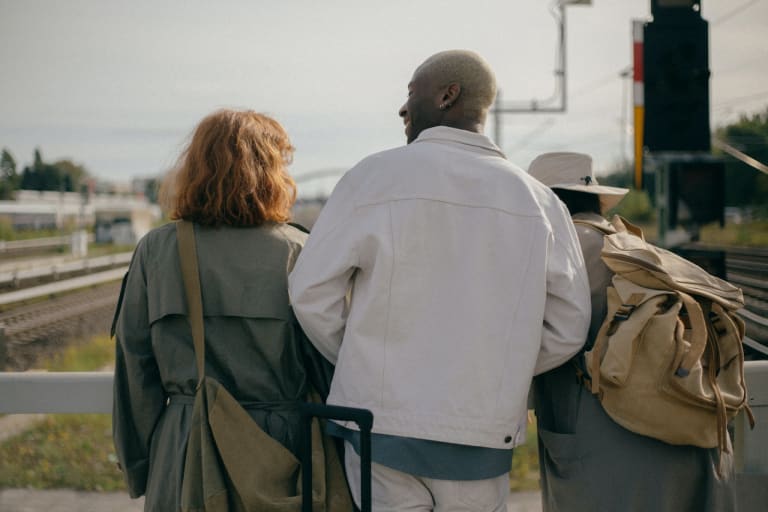We know that many Gen Z college students are experiencing loneliness, with 30% reporting feeling lonely within the last two weeks, and 60% reporting feeling lonely within the last year. 1 In order to create a solution we first had to understand the problem. After a year of research including reviews of the published research, expert and stakeholder interviews, and of course field research with students themselves, we’ve reached five key insights about loneliness in college. These insights will guide us as we build a product this year, but they are not limited to digital products. For example, we recently shared these five insights with stakeholders in higher education and it sparked ideas for innovation in recruitment, orientation, and programming. And while these actionable insights are helping Hopelab guide what components are needed in our digital tool, we hope that you — administrators, parents, students — can find ways to apply these insights to your unique context.
Destroy the Myth of Magical Friendship
“You’re going to find your friends for life in college.” But it may not be as easy as you thought. When we – as in parents, teachers, older peers – glorify the social experience of college based on our personal experience, we elevate the already high expectations of what a college social scene is “supposed” to look like. While college students are aware of the importance of academic growth mindsets, many students still believe that friendships should happen naturally, effortlessly, and if they don’t, this can lead one to believe it’s a reflection of an inherent flaw worth or ability – “I am not likable” or “I don’t belong here.” We need to start by eradicating this harmful myth, by instilling growth mindsets to help students understand that all good things, especially friendships, take time and effort to develop.
Empower Students with Tools to Try
Let’s be real. Making new friends is hard at any age. Forming new friendships involves the capability to push ourselves past our comfort zones and risk rejection. We need to empower students with the tools and strategies needed so they can push past their anxieties and fears to take the first steps into the unknown. Hopelab is focused on working with students, administrators, and researchers to figure out how we can help students take small structured risks that will help them build stronger social bonds.
Process Setbacks With Compassion
It is easy to be your own worst critic, especially when experiencing high levels of loneliness. How can we help students understand that yellow brick road to friendship is filled with both awkward moments, failures, but more importantly connection and compassion? Hopelab is using evidence-based strategies that encourage teens and young adults to process setbacks with self-compassion for themselves and those around them. Through mindfulness-based and cognitive behavioral therapy techniques we want to teach students how to be okay with the ups-and-downs of social connection.
Build The Muscle Over Time
Practice, practice, practice. Just like any skill or muscle you develop, making connections with people takes perseverance and time to develop. And just like a muscle, you’re likely to feel sore and uncomfortable from time to time before you gain strength and confidence in what you’re doing. It takes repetition to form a new habit, and we plan to integrate nudge technology into our digital tool so students can “workout” their newly forming social behaviors.
Leverage The Environment For Change
How can we leverage the social norms of a college environment to enable students for social success? As we continue to grow our in-field research, we will be diving deeper with administrators and students to explore how to leverage existing campus communities to promote positive social risk-taking. We know that students already have plenty of places and opportunities to connect, but they don’t have the right tools to leverage those environments to build the social connections they are looking for.
Stay tuned to see how we prototype this digital tool as we prepare to roll it out in the fall of 2019!
1 Peplau and Perlman, Loneliness: A Sourcebook of Current Theory, Research and Therapy. Contemporary Sociology; 1982




